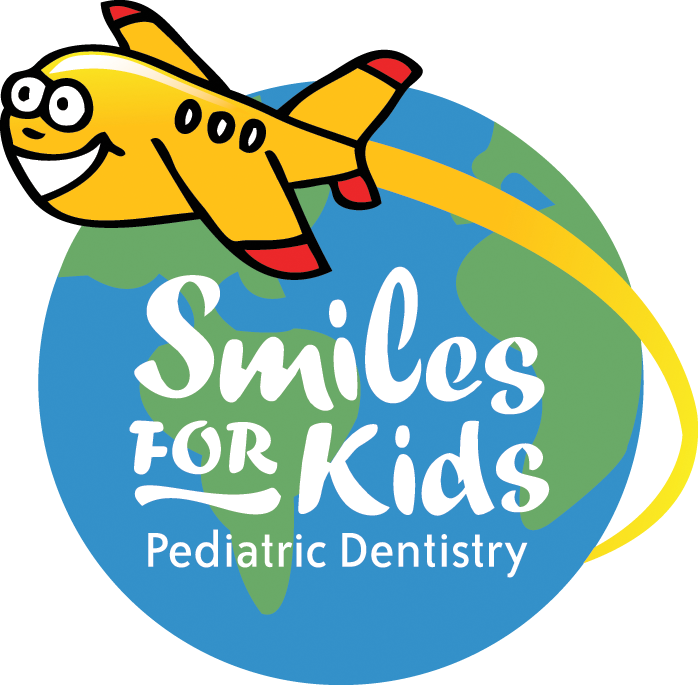What Parents Need to Know about Teeth Grinding in Children
/Teeth grinding, or bruxism in medical jargon, is a condition commonly experienced by kids. If you hear the sound of clenching jaws or gnashing teeth while your children are asleep or when they are under stress, chances are, they have developed bruxism. It usually ends when baby teeth fall out although some children continue this habit in their adolescence or until the cause of bruxism is taken care of.
First possible cause of grinding is physical: either the upper or lower teeth are not properly aligned or it is the child’s reaction to pain caused by teething or earache. The second one is psychological: both anger and tension can cause unease to a child and lead to bruxism. Other notable causes are hyperactivity, cerebral palsy, and taking certain medications.
Although teeth grinding is normally outgrown by kids with none or little adverse effects, it can still be uncomfortable for the child and for other family members. More serious cases unfortunately result to earaches, headaches, increased sensitivity of teeth, chipped or fractured teeth, damaged tooth enamel, jaw problems, and facial pain.
As most children are unaware about having this condition, it is their parents or siblings who are usually the first ones to notice the problem. When you hear your child grind teeth while sleeping or when they are experiencing pain while chewing or soreness in the face or jaw when they wake up in the morning, it is best to bring him or her to a dentist, particularly a pediatric dentist.
Pediatric dentists undergo additional training to be able to provide better dental care for the kids as well as those with special medical conditions. While regular dentists can perform the same teeth examination as pediatric dentists and also ask the same questions to determine if the child has bruxism, the latter can go the extra mile by making your child more comfortable and cooperative. You should also remember that buxism in children has different developmental causes than in adults and often does not need much more than monitoring so it will be best evaluated by a dentist who understands that and treats it accordingly.
Once the cause is determined, your dentist will come up with a treatment plan. Often bite needs to simply be monitored for signs of wear on the teeth. Sometimes children will have moderate to severe wear on baby teeth and no signs of damage on permanent molars. In cases with discomfort, pain or severe wear facets, a custom night guard may be prescribed when the child’s teeth or jaw become seriously affected. This device is quite similar to what football players wear. It may take a little while to get used to wearing it at first but it can be very effective.
If the condition is caused by improper teeth alignment or teething, your kid’s dentist can prescribe medicines or recommend orthodontic procedures to address the problem. On the other hand, if it is psychological, you need to talk to your child to find out what makes him or her angry or upset. For more complicated issues, you may need to seek help from your doctor or family counselor.
The key to keeping bruxism in check are regular dental check-ups and good communication with your child. Bruxism can also be controlled if kids are relaxed before bedtime. Let your child take a warm bath, read him a book, or play soothing music. Not only will this help your child successfully outgrow bruxism but you will also enjoy a healthy parent-child relationship.
